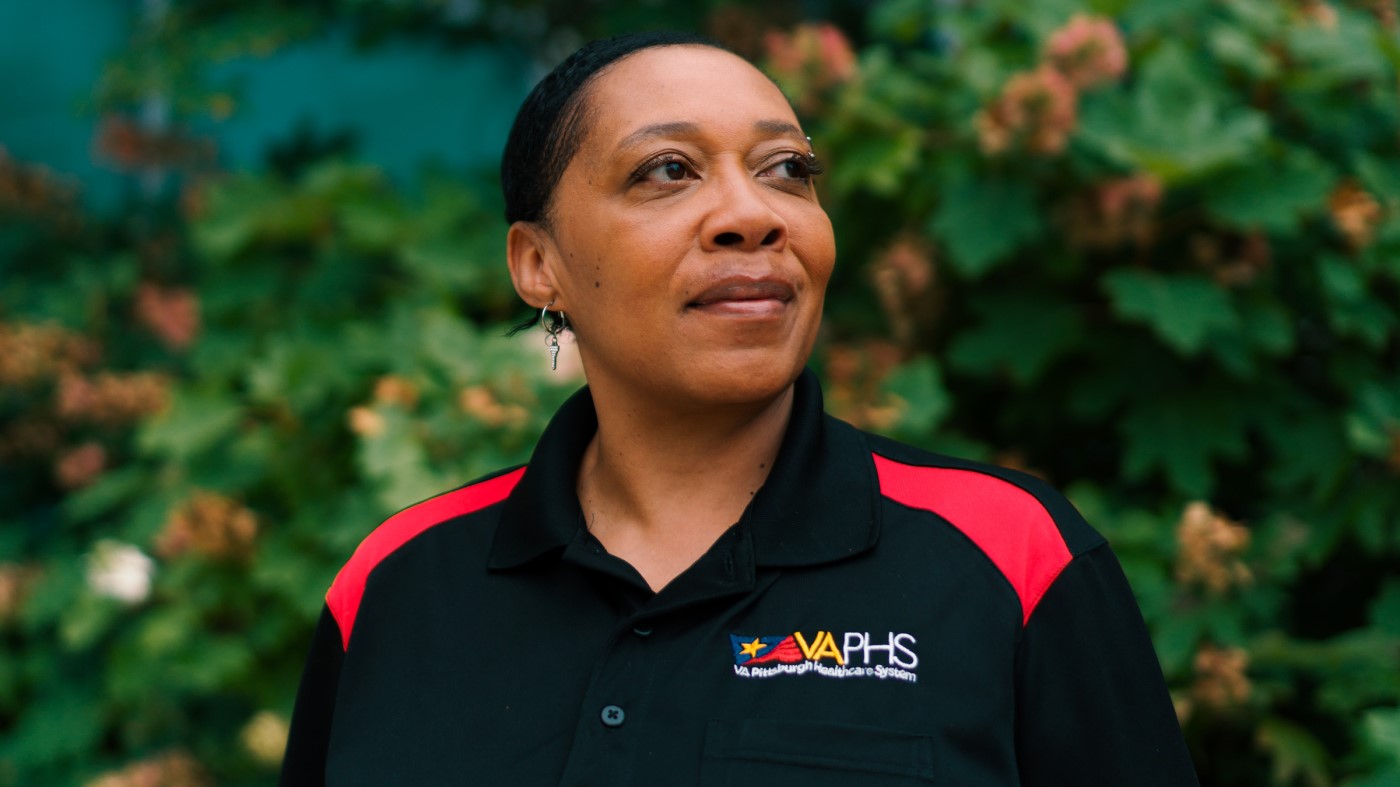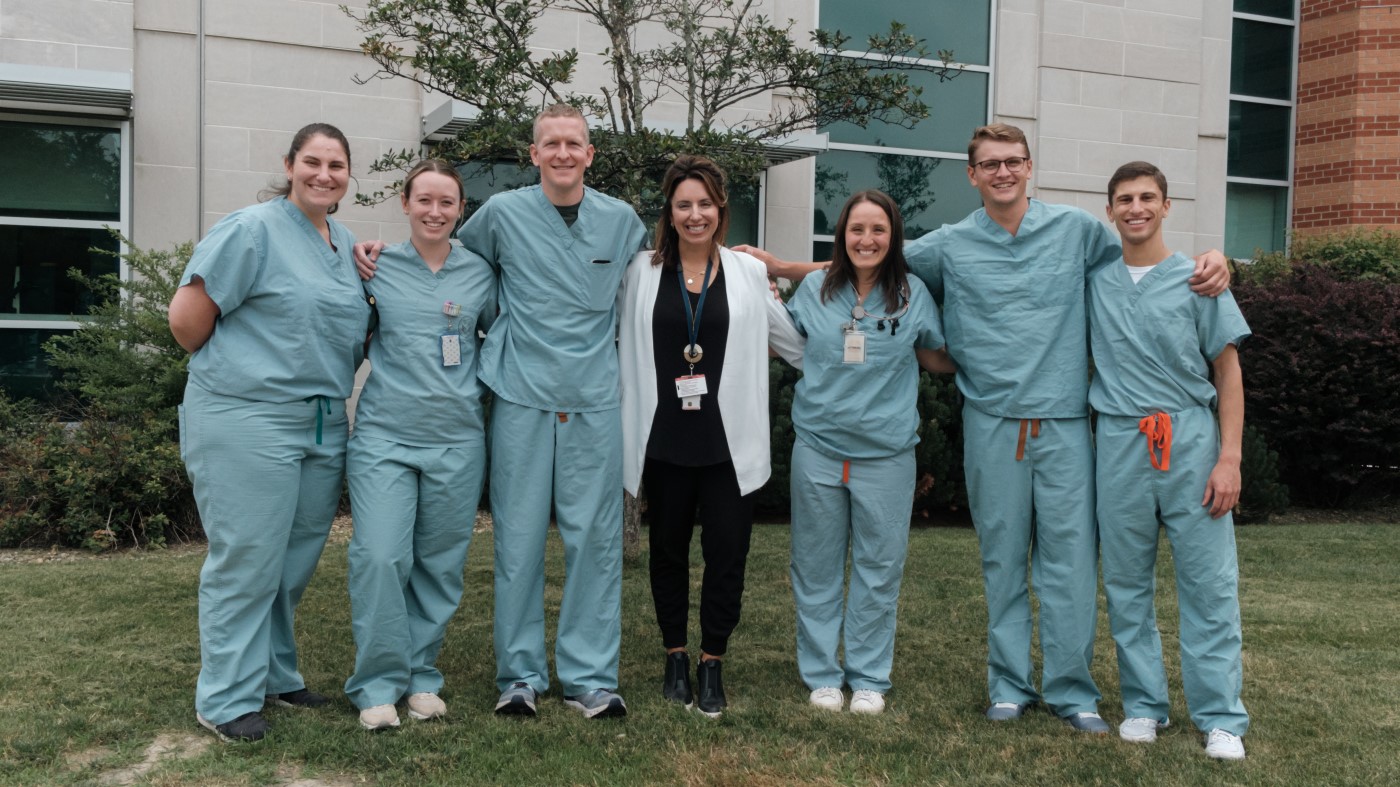May is Melanoma Awareness Month, a time for people to learn about skin cancer, its prevention and its detection. At VA, this is especially important, considering that Veterans who’ve served in Iraq and Afghanistan’s desert sun have an increased risk of skin cancer. That’s one of the many reasons why we’re committed to raising awareness of the cause.
A big part of this effort is our dermatologists, who are responsible for providing treatment and education to patients with skin injuries and diseases. Through one-on-one consultations, these professionals can help Veterans minimize their risk of skin cancer by advising them on prevention techniques, such as applying proper amounts of sunscreen when outside for extended periods of time.
If you’re interested in becoming part of our team, we have several available positions in dermatology and beyond for you to explore. No matter which role you take on, you’ll enjoy outstanding benefits, including comprehensive health coverage, generous paid time off, flexible scheduling and much more. Above all, you’ll have the unique opportunity to serve those who’ve served our country—an honor that can bring unmatched fulfillment to your life.
Want to learn more? Visit our careers site today.
Topics in this story
More Stories
Whether it’s access to the great outdoors or a calmer pace in your everyday life, you can find it in rural VA communities around the country.
If you’re looking for an opportunity to provide care to Veterans outside a traditional clinical setting, Home Based Primary Care (HBPC) is a great option.
A key part of your job search is finding the right fit for you and your skills, and workplace culture can impact that dramatically.







Asked my VA CBOC to schedule a dermatologist appointment in concern for a skin change. I was told that I should wait till my annual wellness exam. Then if my physician deems it worthy enough to see a skin expert I can get a referral. My last wellness exam I didn’t even get to see a doctor, so I don’t see how this logic works. I guess I’ll just have to hope its not skin cancer because right now I have other more urgent health matter the VA won’t help with.
I am so glad all the ingestion of Dioxin has nothing to do with skin cancer carcinomas, or any other cancers for that matter. The skin disease that disabled me in Vietnam was all denied to be service related all my life, so it must not be responsible for any cancers. Does dioxin cause any harm to humans? What does it take to convince illnesses inland in Vietnam wer due to dioxin? Dos the Army admit it Now? Does the VA admit it now. It pisses me off that the VA intentionally let me suffer and deal with the poisoning as best as could be, seeing that the information was kept so secret from the public and the doctors treating its victims. A clever way to speed up the atrician process.